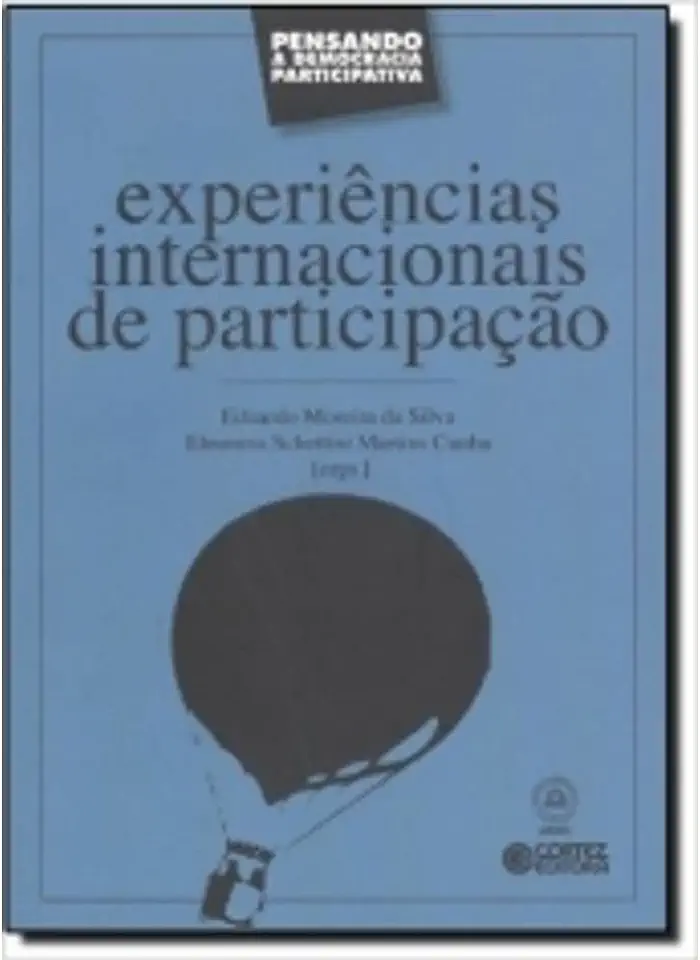
International Experiences of Participation - Eduardo Moreira da Silva
International Experiences of Participation:
A Comparative Study of Democratic Innovations
By Eduardo Moreira da Silva
Introduction
In a world facing complex challenges such as climate change, economic inequality, and political polarization, there is a growing need for innovative forms of democratic participation. This book presents a comprehensive analysis of international experiences of participation, drawing on case studies from around the world to identify best practices and lessons learned.
Key Findings
The book's key findings include:
- Participation is essential for effective democracy. Participatory processes can help to improve decision-making, increase transparency and accountability, and foster social cohesion.
- There is no one-size-fits-all approach to participation. The most effective participatory mechanisms are those that are tailored to the specific context and needs of a given community.
- Participation can be challenging, but it is worth it. Overcoming the challenges of participation, such as apathy, resistance to change, and power imbalances, is essential for building more inclusive and sustainable democracies.
Case Studies
The book presents in-depth case studies of participatory innovations from around the world, including:
- Brazil's participatory budgeting process, which allows citizens to directly decide how public funds are spent.
- India's Right to Information Act, which gives citizens the right to access government information.
- South Africa's Truth and Reconciliation Commission, which provided a platform for victims of apartheid to share their stories and for perpetrators to seek forgiveness.
- The European Union's participatory democracy initiatives, which aim to increase citizen engagement in EU decision-making.
Lessons Learned
The book draws on these case studies to identify key lessons learned for promoting participation in different contexts. These lessons include:
- The importance of building trust and relationships. Participation requires trust between citizens, government, and other stakeholders. Building this trust takes time and effort, but it is essential for successful participation.
- The need for inclusive and accessible participation. Participatory processes must be designed to be inclusive of all members of society, regardless of their socioeconomic status, gender, race, or other factors.
- The importance of empowering citizens. Participation is most effective when citizens are empowered to make real decisions and influence the outcomes of participatory processes.
Conclusion
International Experiences of Participation is a valuable resource for anyone interested in promoting democratic participation. The book provides a wealth of evidence and insights that can help to inform the design and implementation of participatory initiatives around the world.
Call to Action
The challenges facing our world today demand new forms of democratic participation. This book provides a roadmap for how we can build more inclusive, sustainable, and participatory democracies. Let us all work together to make participation a reality for all.